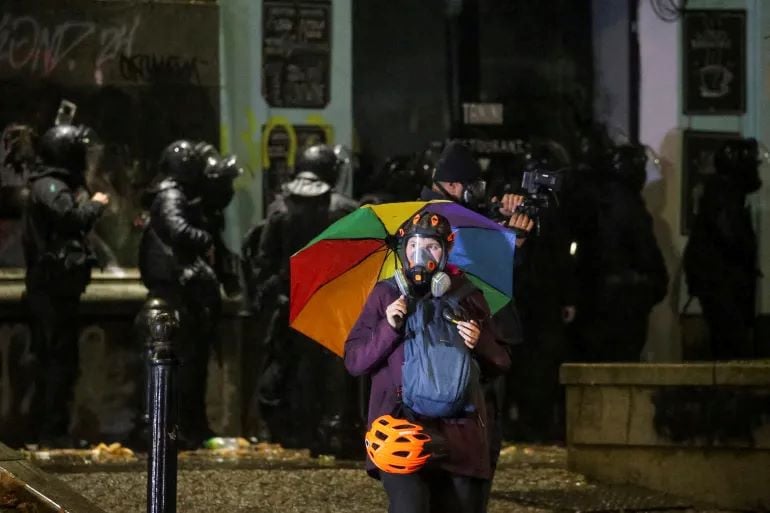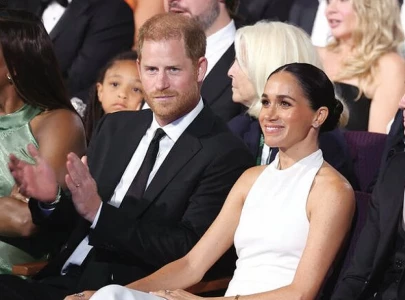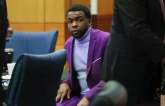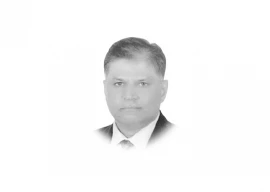
Georgian police have arrested prominent opposition leader Zurab Japaridze after violent clashes between authorities and tens of thousands of anti-government protesters. The protesters have been demonstrating against the government's decision to suspend talks on joining the European Union.
Japaridze's arrest, which occurred on Monday, follows accusations from Prime Minister Irakli Kobakhidze, who accused the opposition of “coordinated violence” aimed at destabilising the country and overthrowing the constitutional order.
The Coalition for Change, Georgia’s largest opposition party, confirmed Japaridze’s arrest in a statement on X (formerly Twitter), asserting that the arrest was a deliberate action by the government. “Japaridze was fleeing with other protesters when he was detained, indicating that this was a targeted move by the regime,” the party stated.
Protests sparked by EU talks suspension
Footage showed Japaridze being placed in an unmarked vehicle by masked police officers early on Monday. It remains unclear whether he will face formal charges. The ongoing protests were triggered by the government's announcement last week that it was suspending its EU accession talks.
Critics argue that the suspension signals a shift away from Georgia’s pro-Western policies towards greater alignment with Russia, although the ruling party denies any such move.
The United States and the EU have expressed concern over what they perceive as democratic backsliding in Georgia, a country of 3.7 million people situated at the crossroads of Europe and Asia. Georgia was once part of the Soviet Union and has been seeking closer ties with the West in recent years.
Russia has denied any interference in Georgia’s internal affairs. However, former Russian President Dmitry Medvedev warned on Sunday that Georgia was “moving rapidly along the Ukrainian path” and into a “dark abyss,” adding, “Usually, this sort of thing ends very badly.”
Clashes escalate as protests continue
On Sunday night, protesters once again gathered in the Georgian capital, Tbilisi, for the fourth consecutive night of demonstrations. The crowd gathered on Rustaveli Avenue, throwing fireworks at police, who responded with water cannon and tear gas. After hours of confrontation, police managed to disperse the protesters and move them away from the parliament building.
Georgia's Ministry of Internal Affairs reported that 21 police officers had been injured during the protests, with a total of 113 injuries among law enforcement since the unrest began. Dozens of protesters have also been injured, and the US has condemned the excessive use of force by Georgian police.
President Salome Zourabichvili, who supports the protesters and is pro-European Union, said many of those arrested had suffered head and face injuries from police beatings. The ongoing unrest reflects deep divisions within Georgia over its future direction and its relationship with the EU and Russia.



-(1)1717678110-0/Kendrick-(1)-(1)1717678110-0-165x106.webp)








1732090022-0/Elmo-and-Amelia-(1)1732090022-0-270x192.webp)
1730875430-0/Copy-of-Untitled-(1)1730875430-0-270x192.webp)







COMMENTS
Comments are moderated and generally will be posted if they are on-topic and not abusive.
For more information, please see our Comments FAQ